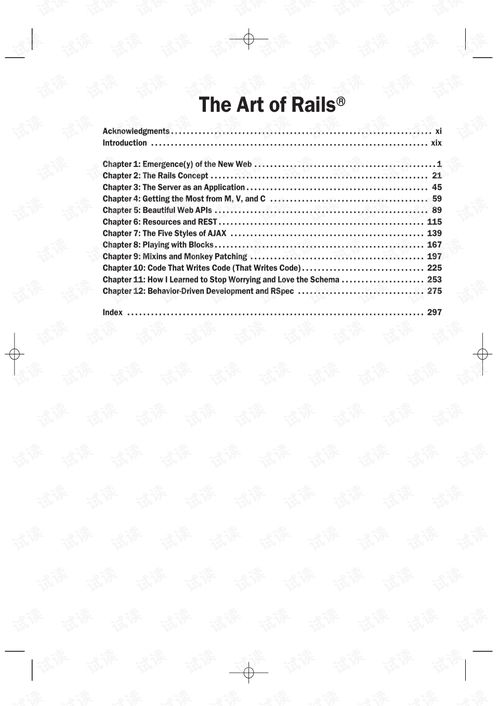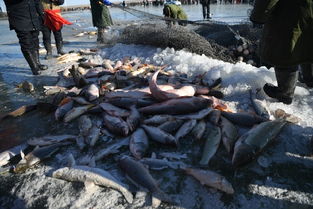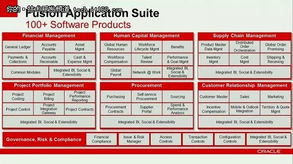Content:
In the realm of angling, there is a certain mystique that surrounds the seasoned anglers who have "seen it all" and "done it all." These are the individuals who have spent countless hours on the water, honing their skills and mastering the art of fishing. If you aspire to join the ranks of these experienced anglers, here are some invaluable techniques that will help you "fish like a pro," even if you've been out on the water for years.
Understand the Waters: Before you cast your line, it's crucial to understand the environment you're fishing in. Whether it's a freshwater lake, a saltwater estuary, or a river, each body of water has its unique characteristics and fish species. Study the local flora and fauna, and pay attention to the currents, tides, and weather patterns. This knowledge will help you predict where the fish are likely to be and what they might be feeding on.
Choose the Right Gear: The equipment you use can make or break your fishing experience. A seasoned angler knows that the right rod, reel, line, and lure can significantly increase their chances of success. Invest in quality gear that suits the type of fishing you're doing. For instance, a spinning rod is ideal for light tackle fishing, while a baitcasting rod is better for heavier lures.
Master the Cast: A good cast is the foundation of successful fishing. Practice your casting technique until it becomes second nature. Focus on accuracy, distance, and presentation. The more you cast, the better you'll become at it. Remember, a gentle, precise cast is often more effective than a forceful one.

Bait Selection: Knowing what to use for bait is essential. Local fish species have specific preferences for food, so research the species you're targeting. Live bait can be very effective, but artificial lures can also be a game-changer. Experiment with different types of bait and lures to see what works best in your fishing environment.
Reading the Water: An experienced angler can often spot fish in the water before they even see them. Look for signs like ripples, bubbles, or fish rising to the surface. Pay attention to the structure of the water, such as rocks, weeds, or drop-offs, as these are often prime spots for fish to hide and feed.
Patience is Key: Fishing is a sport that requires patience. Even the most seasoned anglers have days when the fish are not biting. Stay calm, keep your focus, and don't get discouraged. Sometimes, the best catches come from waiting it out.
Adjust on the Fly: If the fish aren't biting, don't be afraid to change your approach. This could mean switching to a different lure, adjusting your depth, or changing your location. Flexibility is crucial in the ever-changing world of fishing.
Learn from Others: One of the best ways to improve your fishing skills is to learn from others. Join a local fishing club, attend workshops, or simply strike up a conversation with other anglers. You'll be surprised at how much you can learn from the experiences of others.
Respect the Environment: As an angler, it's your responsibility to respect the environment and the fish you're targeting. Follow local fishing regulations, release fish that are not of legal size or species, and practice catch-and-release whenever possible.
Enjoy the Experience: Lastly, remember that fishing is not just about catching fish; it's about the experience. Enjoy the solitude, the tranquility, and the beauty of nature. The memories you create on the water are often more valuable than the fish you bring home.
In conclusion, becoming a skilled angler is a journey that requires time, practice, and dedication. By applying these techniques and embracing the learning process, you'll be well on your way to becoming a "pro" in the eyes of those who have "seen it all." So, tie up your boots, grab your rod, and get ready to fish like a seasoned angler.












